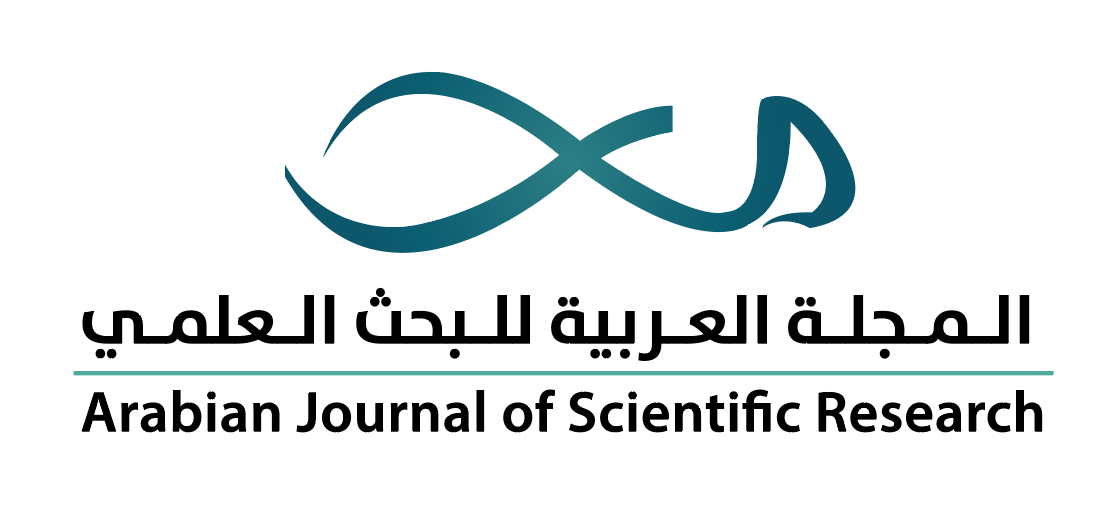-
oa حساب كثافة الذرات غير المستقرة في محاكاة التفريغ الومضي في التيار المستمر لغاز الكريبتون
- Source: Arabian Journal of Scientific Research-المجلة العربية للبحث العلمي, Volume 4(2023), Issue 1, Jun 2023, 5
-
- 22 October 2022
- 03 April 2023
- 15 May 2023
Abstract
الملخص
في هذا البحث، احتُسبت كثافة الذرات غير المستقرة في محاكاة التفريغ الومضي في التيار المستمر لغاز الكريبتون (Kr) عند الضغوط0.5 ، و1.5 و1.5(Torr)، والجهود المطبقة كانت200 و300 و340(Volt). التباعد بين القطبين المصعد والمهبط يساوي 1 (cm). العمليات الكيمائية التي أُخذت في الاعتبار في هذه الدراسة هي الإشعاع والتأين الكيميائي والتأين التدريجي والإثارة وإزالة الإثارة والاصطدام المرن. القيم القصوى لكثافة الذرات غير المستقرة التي سُجلت في هذه الدراسة تراوح بين 108×0.54و 109×2.47(cm-3)،ومن ثم، يمكن استخدام هذا النموذج ليحلّ محلّ قياسات مطياف الكتلة.
In this paper, we have calculated the metastable atom density in krypton by a fluid model for gas pressure equal to 0.5, 1 and 1.5 Torrs, and the applied voltages were 200, 300 and 340 volts. The inter-electrodes spacing was equal to 1 cm. The chemical processes that were considered in this study were radiation, chemo-ionization, stepwise ionization, both ionization and excitation of the ground atom, and de-excitation and elastic collision. The model was verified experimentally and theoretically. The maximum values for the metastable atom density that was registered in this study were equal between 0.54 x 108 and 2.47 x 109cm-3. Consequently, this model can be used to replace mass spectrometry measurements.


